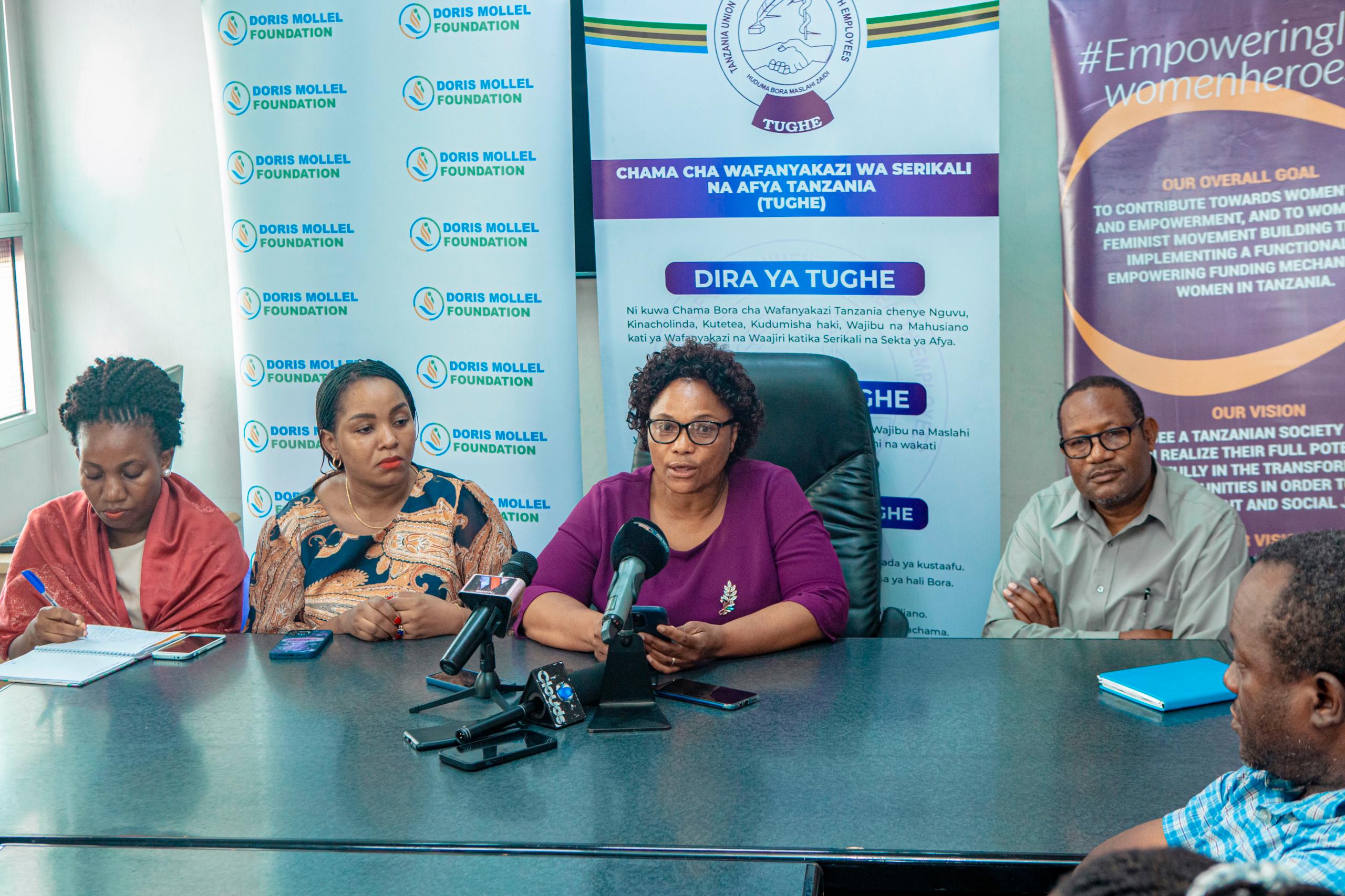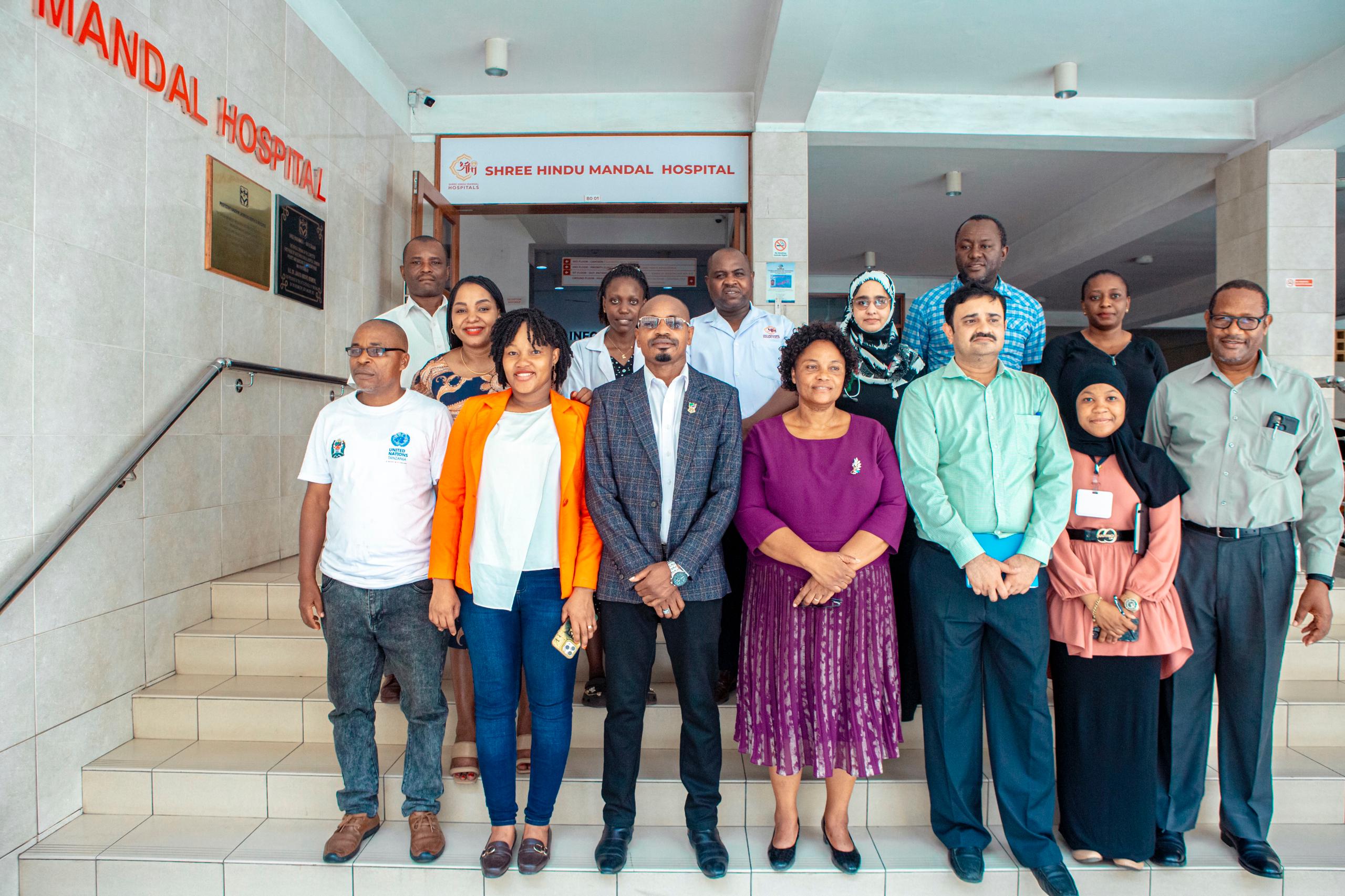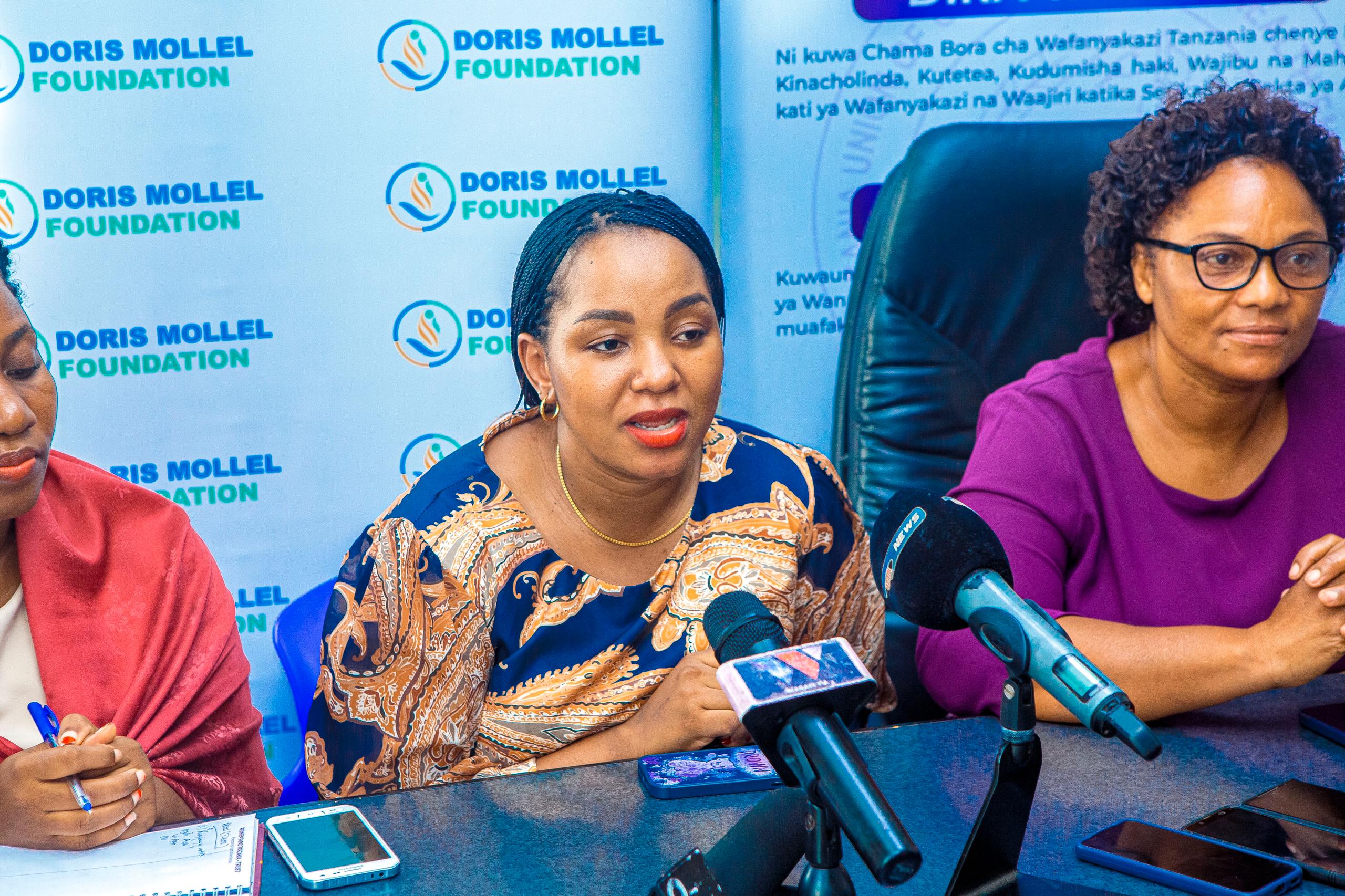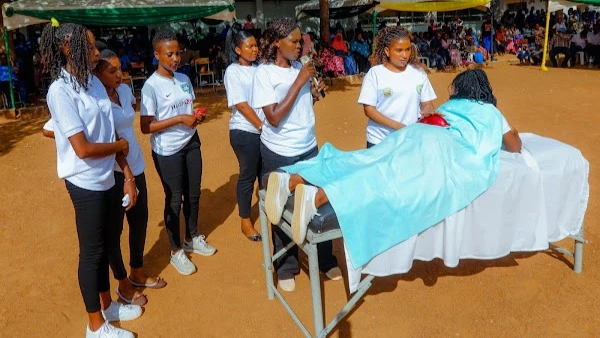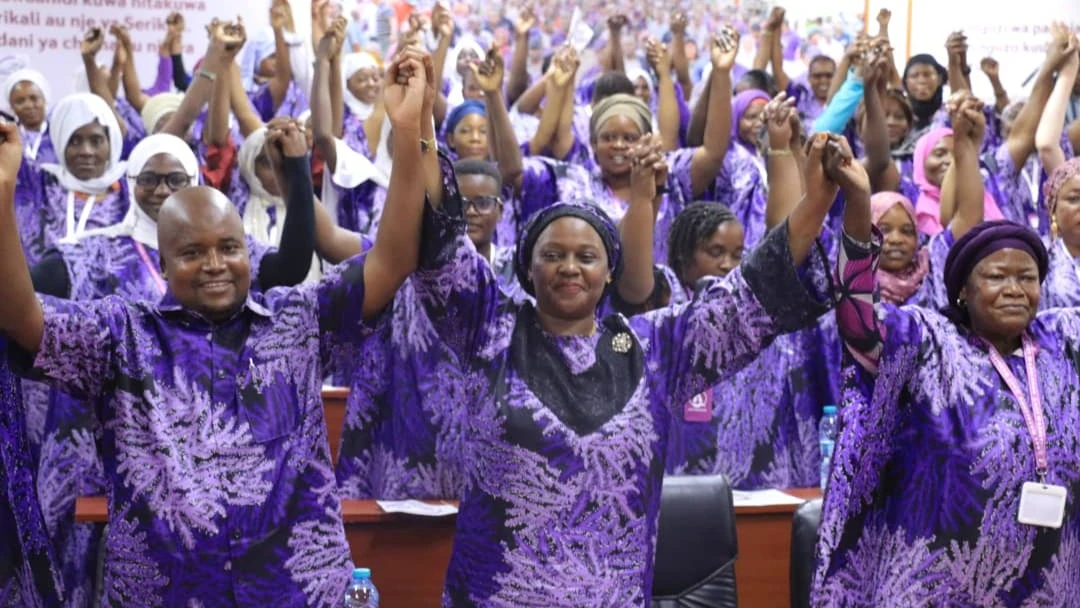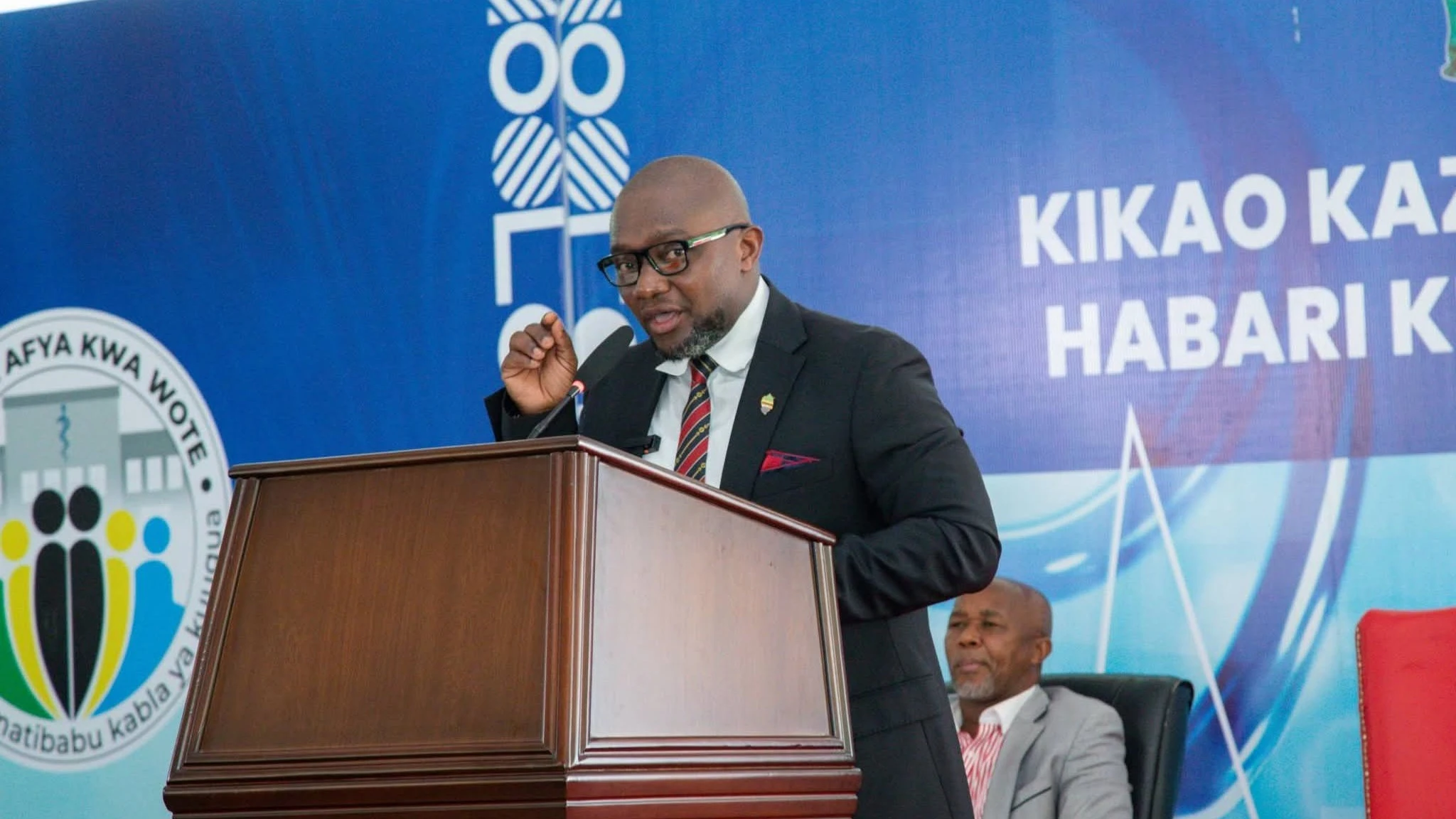Doris Mollel: Championing pushing legal reforms for preterm baby parents in Tanzania
The Executive Director of the Doris Mollel Foundation, Doris Mollel, stated that the process of amending labor laws for parents of preterm babies began in 2017.
Doris Mollel, has revealed that her motivation to push for amendments to the 2024 law concerning parents of preterm babies stemmed from the many challenges faced by female employees who give birth to premature infants. These challenges include health complications, mental stress, and job termination due to extended hospital stays.
Speaking to the media after the National Assembly of Tanzania passed the legal amendments on January 31, 2025, Doris stated that advocacy efforts for these changes have been ongoing since 2017. She recalled that the idea first emerged after visiting the neonatal ward at Muhimbili National Hospital, where she had gone to donate medical equipment.
Years of Advocacy and Collaboration
Doris highlighted that the journey to achieving this milestone involved over 50 meetings with key stakeholders, including:
- Millennium Group (Association of Leaders' Spouses)
- Tanzania Women Parliamentary Group (TWPG)
- Government legal advisors and ministers
- Women Members of Parliament
- Female employees
- Neonatal Pediatricians Association
- Various parliamentary standing committees
- Government officials from multiple ministries
In 2021, the Doris Mollel Foundation launched the "Preterm Baby Agenda", which later gained support from the Tanzania Government and Health Employees Union (TUGHE) and the Trade Union Congress of Tanzania (TUCTA) in 2023. This led to a breakthrough in 2024, when President Samia Suluhu Hassan publicly announced, through the Vice President, Dk. Philip Mpango the government's commitment to amending labor laws to accommodate the needs of parents of preterm babies.
Tanzania: Leading in Inclusive Workplace Policies
Expressing her gratitude to President Samia Suluhu Hassan, former Health Minister Ummy Mwalimu, and Minister Angellah Kairuki, Doris noted that these legal amendments place Tanzania among the few African nations prioritizing an inclusive and supportive work environment for parents of premature infants.
Key Changes in the 2024 Labor Law
During the Parliamentary session in Dodoma on January 31, 2025, Minister of Minerals, Anthony Mavunde, while presenting the details of the 2024 Labour Laws (Amendments) Bill aimed at promoting welfare in the labor sector, did so on behalf of the Minister of State in the Prime Minister's Office, Labour, Youth, Employment, and Disabled Persons, Ridhiwani Kikwete.
- Maternity leave for mothers of preterm babies will now begin only after the baby has reached 40 weeks of gestation (adjusted for prematurity).
- Fathers of preterm babies will be entitled to seven days of leave to support the mother and child during this critical period.
Speaking to the media on February 3, 2025, in Dar es Salaam, TUGHE Vice Chairperson Dr. Jane Madete emphasized that this decision will help protect the welfare of employees who give birth to premature babies, as it has been a longstanding challenge and concern for many working women.
She noted that mothers of premature babies face numerous health-related challenges and need extended recovery time while also providing critical care for their newborns during the hospital stay and after discharge.
“Beyond health complications, these women often experience job insecurity, which leads to stress and negatively impacts their ability to care for their babies,” she explained.
Dr. Madete further stated that the extended maternity leave will allow affected mothers ample time to care for their newborns, recover fully, and strengthen their health without fearing job loss.
“When these mothers return to work, they will be in better health, allowing them to perform their duties effectively and contribute positively to their workplaces,” she added.
These changes mark a significant step in ensuring better health, job security, and emotional support for parents of premature infants across Tanzania.
Top Headlines
© 2026 IPPMEDIA.COM. ALL RIGHTS RESERVED


